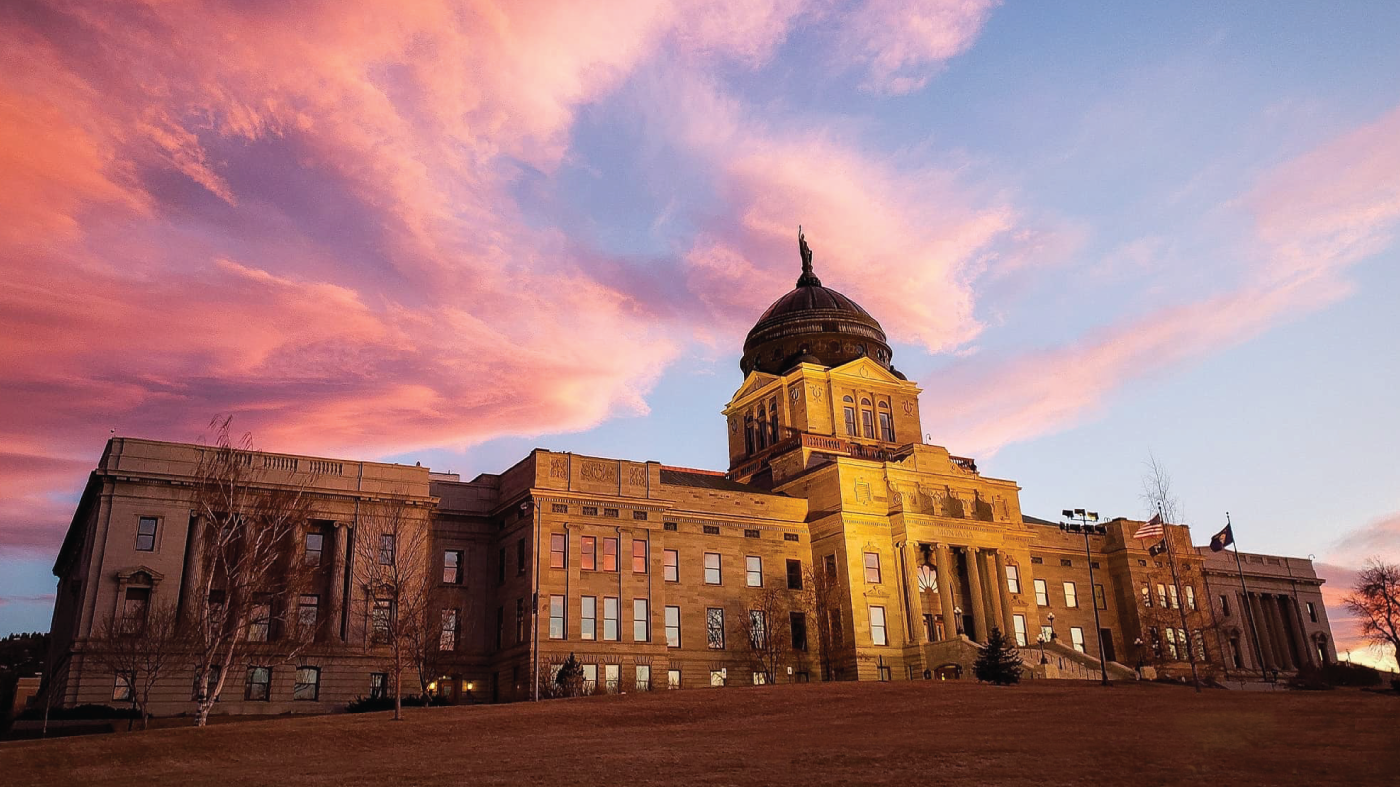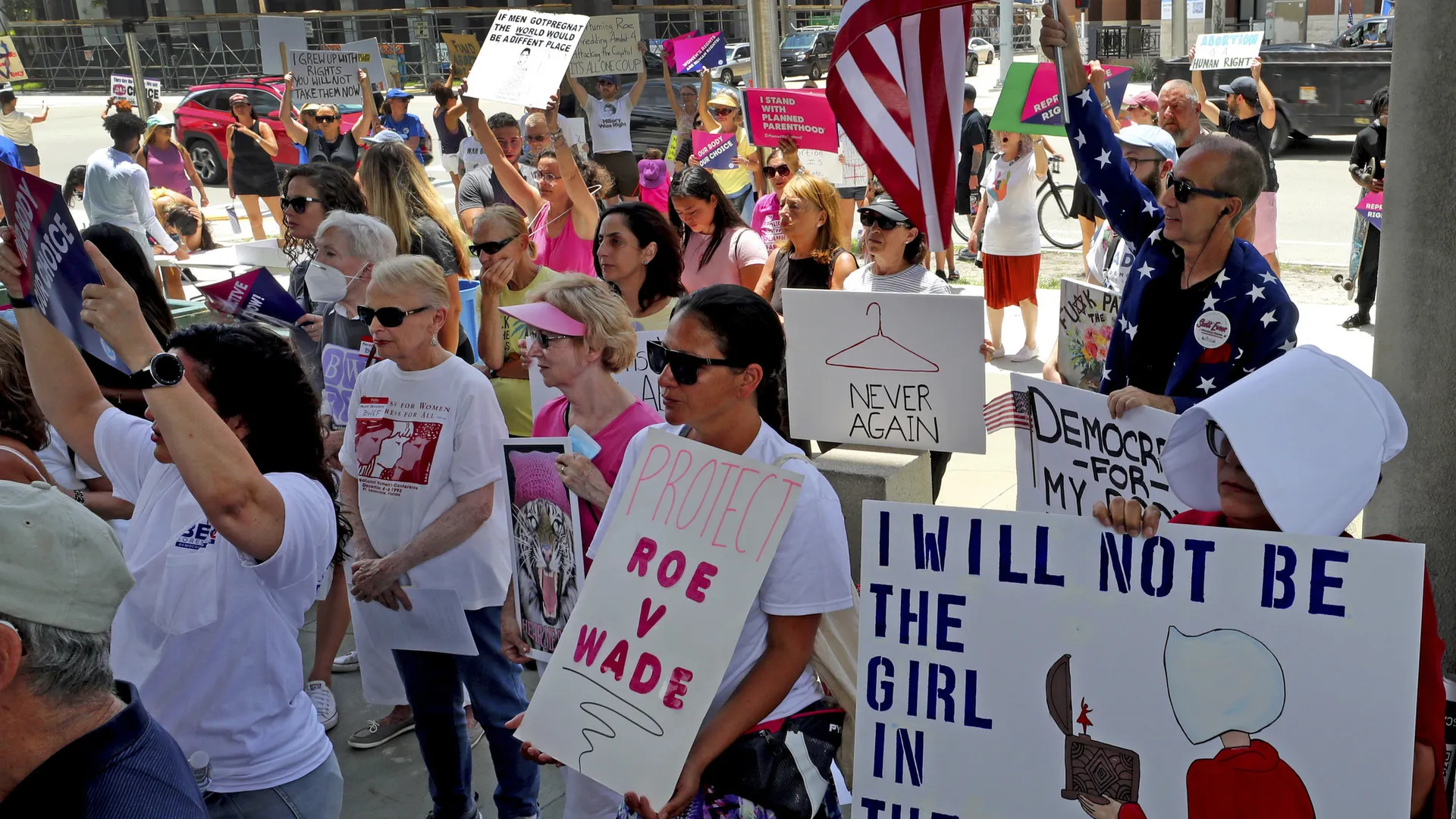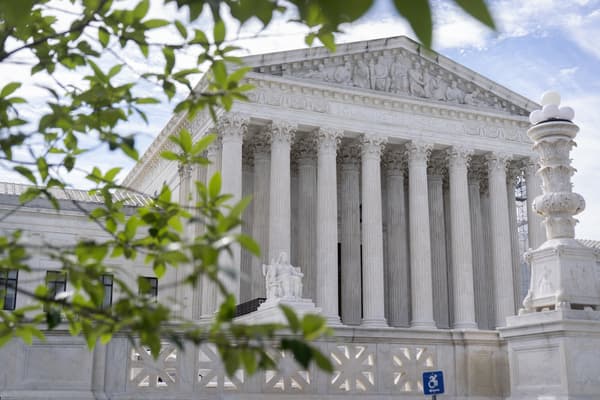The U.S. Supreme Court has shockingly chosen to uphold Montana"s controversial parental consent law, a decision that threatens the bodily autonomy of young individuals across the state. This ruling comes despite a clear state court conclusion that the law violates Montana"s constitution, which guarantees broader protections for abortion rights than even the federal constitution. The implications are staggering, as this decision effectively denies minors the right to make informed medical choices without parental involvement, while simultaneously reinforcing outdated notions of parental authority over crucial health decisions.
Legal Landscape of Abortion Rights
The Montana law, enacted in 2013 but blocked in court, mandated that any individual under the age of 18 must acquire notarized consent from a parent or guardian to obtain an abortion. The law was challenged by Planned Parenthood, which argued that it infringed on the rights of minors and effectively barred them from accessing essential healthcare. As reported by AP News, Montana officials claimed that the law was essential to uphold parental rights, framing it as a matter of family privacy. However, this rationale disregards the evolving understanding of medical autonomy and the rights of young individuals.
Historical Context and Constitutional Rights
This ruling echoes past Supreme Court decisions, including the pivotal Planned Parenthood of Central Missouri v. Danforth, which established that consent requirements must also allow minors a pathway to bypass parental consent if they can demonstrate maturity. The Montana Supreme Court had previously affirmed that minors possess a fundamental right to privacy that encompasses their ability to make medical decisions regarding their own bodies. As noted by US News, the state’s argument that parental rights supersede the rights of minors is not supported by constitutional precedent.

Montana State Capitol Building - GSD Website
Consequences for Young People
The decision to uphold this law is likely to have dire consequences for the health and autonomy of young people in Montana. It reflects a broader trend among conservative state legislatures to impose barriers to reproductive health care, often under the guise of protecting parental rights. This legal framework not only places undue pressure on minors to navigate complex family dynamics but also risks pushing them toward unsafe alternatives when legitimate medical care is inaccessible. The potential for increased health risks is a serious concern, particularly in communities already facing socioeconomic disadvantages.
Social and Economic Implications
The economic implications of such laws cannot be overlooked. Access to reproductive health care is intrinsically linked to economic stability and empowerment. Without the ability to make independent health decisions, young individuals may find themselves trapped in cycles of poverty and inequality. The denial of autonomy in reproductive health can lead to increased dependence on family structures that may not always act in the best interest of the minor, perpetuating a cycle of economic disadvantage. This decision underscores the urgent need for a reevaluation of policies that disproportionately affect marginalized communities, particularly those who are already struggling against systemic barriers.

How Democrats plan to protect abortion rights in Montana
Call for Accountability and Reform
As we witness the unfolding consequences of this ruling, it is crucial for advocates of social justice and reproductive rights to galvanize support for reform. The fight for bodily autonomy extends beyond individual cases and reflects broader issues of economic justice and equity. The legal landscape must evolve to reflect the realities of the lives of young people, ensuring they have access to the healthcare they need without unnecessary barriers. The silence of the Supreme Court on the substantive issues raised by this case demonstrates a critical failure to protect the rights of the most vulnerable among us.

![[Video] Anti-ICE Protester Pepper Sprayed as CBP Agents Disperse Crowd in Minneapolis](/_next/image?url=%2Fapi%2Fimage%2Fthumbnails%2Fthumbnail-1768260677127-y71sb7-thumbnail.jpg&w=3840&q=75)

![[Video] Several injured as U-Haul truck drives through Iranian protestors in Los Angeles](/_next/image?url=%2Fapi%2Fimage%2Fthumbnails%2Fthumbnail-1768176682028-q95y6j-thumbnail.jpg&w=3840&q=75)
![[Video] Scuffle breaks out between Trump supporters and Anti-ICE protesters in Times Square](/_next/image?url=%2Fapi%2Fimage%2Fthumbnails%2Fthumbnail-1768165958203-hgcgb-thumbnail.jpg&w=3840&q=75)


![[Video] Gunfire between Iraqi security forces and Sadr militias in Baghdad](/_next/image?url=%2Fapi%2Fimage%2Fthumbnails%2Fthumbnail-1768343508874-4redb-thumbnail.jpg&w=3840&q=75)
